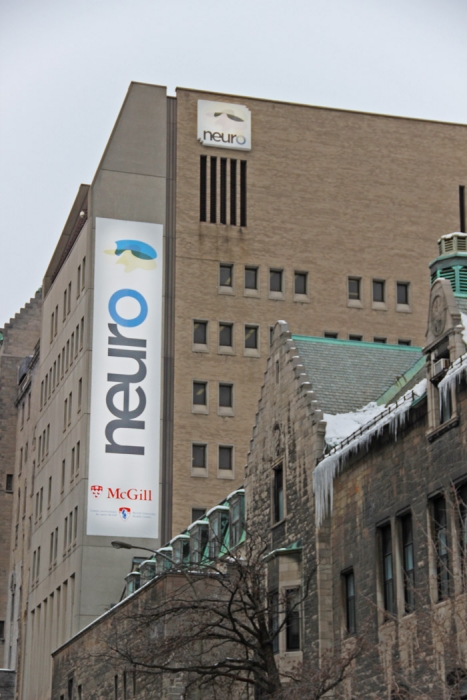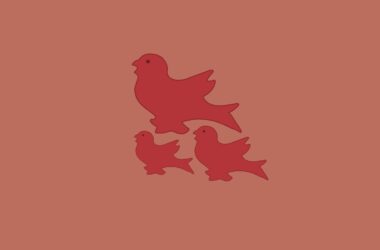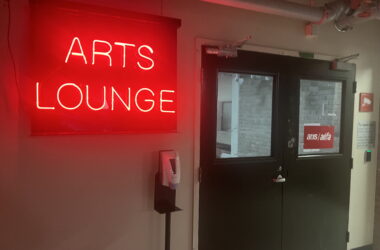On Dec. 16, the Montreal Neurological Institute (MNI) received a donation of $20 million from Larry Tanenbaum, the chairman of Maple Leaf Sports and Entertainment. The MNI is the largest specialized neuroscience research centre in Canada and, as part of McGill’s Faculty of Medicine, offers students a variety of research opportunities. The $20 million will sponsor the creation of an affiliated institute: The Tanenbaum Open Science Institute.
This new institute will represent the MNI in pursuing a mandate of ‘open science,’ a recent trend of promoting innovation by making research patent-free and openly available to other researchers. In addition to its world-leading research, the MNI will now be known globally as the first academic open science institute in the world.
‟Our digital world provides for unprecedented opportunities to leverage advances in technology to the benefit of science,” Tanenbaum said during the Dec. 16 announcement of the donation. “That is what we are celebrating here today: The transformation of research, the removal of barriers, the breaking of silos, and most of all, the courage of researchers to put patients and progress ahead of all other considerations.”
Tanenbaum hopes that research will be undertaken for the sake of overall knowledge rather than profit. Eric Sun, U2 Science, agreed that scientific networks are valuable.
“Sharing research is always good, coordinated efforts between communities are the reason why dangerous diseases like smallpox have been eradicated,” Sun said. “Discoveries are driven by dedicated scholars [who] spend their lifetimes in the lab.”
The McGill Chapter of Universities Allied for Essential Medicines (UAEM) Motion Regarding Global Access to Medicines Policy recently passed at the Students’ Society of McGill University (SSMU) council meeting on Nov. 17, 2016. The motion called for SSMU to support global access to medicines and lobby McGill to adopt a policy in favour of this. The purpose of the motion was to influence the university to adopt a patent-free policy so that drugs could be accessible in developing areas of the world. UAEM was pleased with how the donation will be used to encourage openness.
“The initiative will allow patents to not need to be made through universities anymore, which will make the process run more smoothly,” UAEM Co-Vice-President Media and Outreach Chloe Hogg said. “It is set up as an experiment to attract resources to McGill and to Montreal, while speeding up [much] needed innovation in basic research.”
Hogg said that there is still progress to be made, as facilitating developments in research does not necessarily mean that the final product will be globally accessible.
“Whether the innovation remains affordable and accessible for the greater public remains unclear,” Hogg said. “This is because [the initiative] only looks at basic research, which doesn’t go all the way to the final product that reaches the patient.”
Hogg also said that profits remain to be an important consideration when creating intellectual policies that mandate access.








